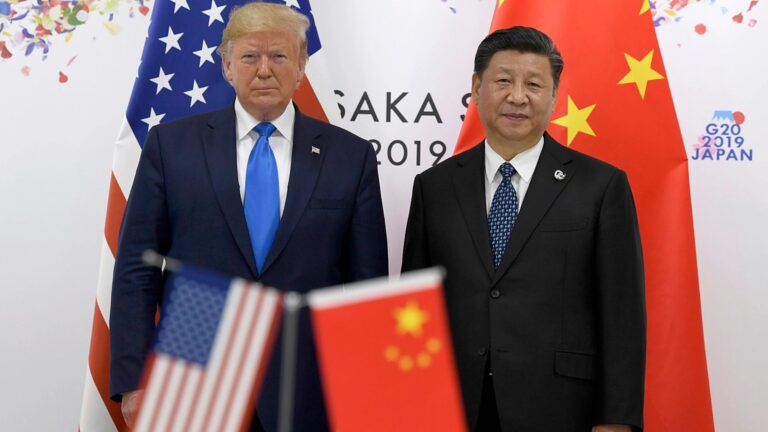
After a two-month delay, the United States and Ukraine have officially signed a landmark minerals agreement, signaling a shift in U.S. support toward long-term economic cooperation with Kyiv. The deal, described by U.S. officials as a “new form of commitment,” emphasizes resource development and reconstruction over military assistance.
U.S. Treasury Secretary Scott Bessent, announcing the agreement, highlighted its broader geopolitical implications. “This agreement demonstrates both countries’ dedication to a lasting peace and a thriving Ukraine,” Bessent said. “It sends a clear message to Russia that the Trump administration stands firmly behind a peace process that safeguards Ukraine’s sovereignty and economic potential.”
Ukrainian Prime Minister Denys Shmyhal welcomed the deal, calling it “fair and mutually advantageous.” He also revealed that the agreement includes plans for a jointly managed Reconstruction Investment Fund, with each country holding 50 percent voting power. “Ukraine maintains complete sovereignty over its natural resources, infrastructure, and subsoil,” Shmyhal emphasized in a statement on Telegram.
Initially, Ukrainian President Volodymyr Zelenskyy was expected to sign the agreement during a visit to the White House. However, the ceremony was canceled following a televised dispute that led to Zelenskyy being removed from the meeting.
Ukraine holds significant untapped mineral resources, including around 5% of the world’s known reserves of rare earth elements. According to France’s Bureau of Geological and Mining Research, the country accounts for approximately 20% of global graphite reserves—critical for electric vehicle battery production. Ukraine is also a key source of titanium and manganese and reportedly contains Europe’s largest lithium deposits.
Despite these vast resources, the ongoing war with Russia complicates extraction and development efforts. Over three years into the conflict, Russian forces control roughly 20% of Ukraine’s territory, with major mineral-rich regions among the occupied areas. The war has resulted in tens of thousands of deaths, including many civilians, and continues to destabilize the region.
The minerals deal represents a significant evolution in U.S.-Ukraine relations, shifting focus from direct military aid to economic resilience and postwar recovery.






